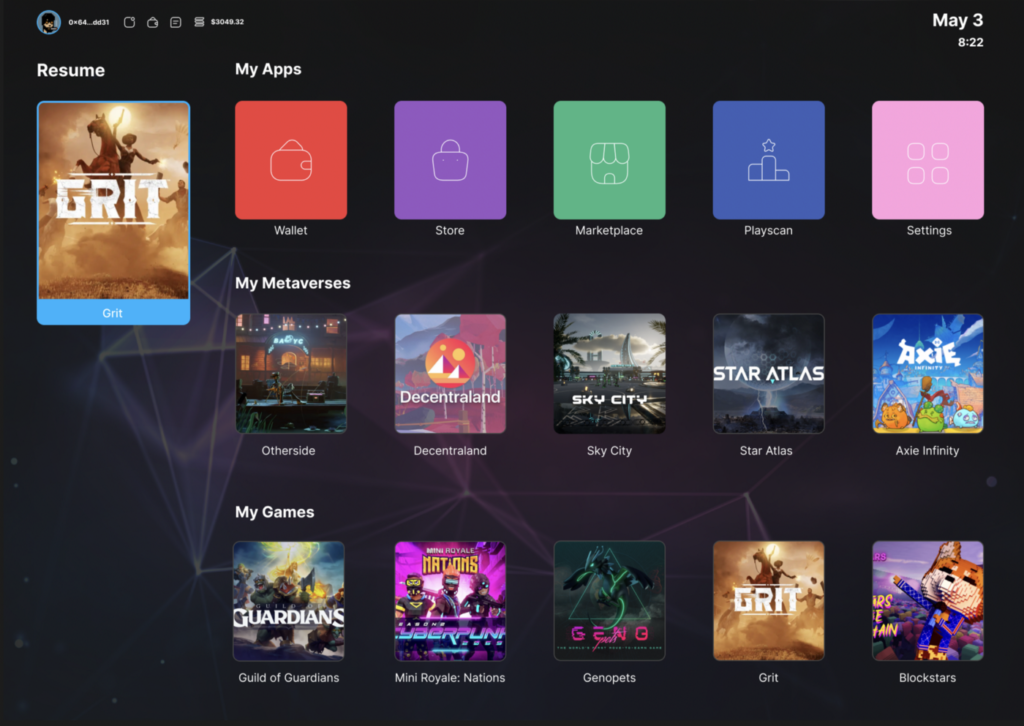
Calling it “hilarious”, respected gaming publication Kotaku was so sure it was a console that would “never, ever happen”. Separately, director and writer Jorg Tittel tweeted sarcastically: “I’ve always wanted a console that can play [former Twitter CEO] Jack Dorsey’s first tweet.”
That game console in question is the Polium One, a work-in-progress Web3 game console that was unveiled on June 26 to much ridicule and incredulity.
Perhaps it’s the recent collapse in crypto prices (okay, Bitcoin has just recovered from the psychological US$20,000 level) or maybe it’s the bursting of the NFT bubble, but it seems a game console that simply injects the phrase “Web3” in its description doesn’t seem to have wowed many.
The game console, from a rather new company called Polium, promises to be a multi-chain one, which will be “built by the community”. No, we’re not sure what that means, either.
However, you can bet it has all the Web3 tech in place, like support for games that use ImmutableX, Solana, Ethereum, Polygon without making you switch networks.
Plus, you can also trade your NFTs, whether they are in-game or non-game items, via a marketplace connected to your game console.

Okay, that’s all cool but for a game console to take off, you need the games. In this case, a mockup of a screenshot by the company shows titles such as Grit, Blockstars and Mini Royale: Nations.
Not exactly blockbusters to get gamers anticipating the console’s launch, which is supposed to start in limited quantities in Q3 2024 and then in larger volumes to the public in 2025. The company aims to sell over 1 million units.
The biggest problem to this lofty ambition is that there’s not even a prototype to speak of. Polium says it is currently developing hardware for the console, which would include a CPU/GPU by Nvidia. Specs are promised later this year, with Linux the chosen software to run the console.
Until there are some actual hardware prototypes and game support to speak of, however, the Polium One is rightly thought of as vapourware. Yes, just like in the dot.com days, when everything with an Internet presence was supposed to lead us into the future.












